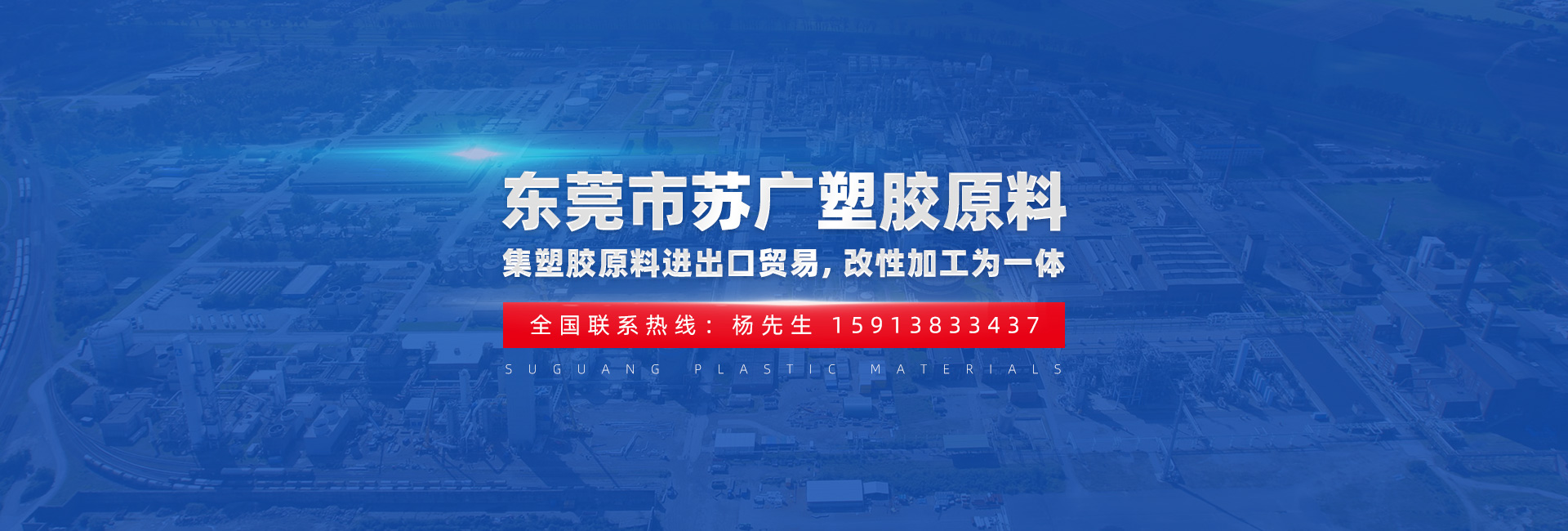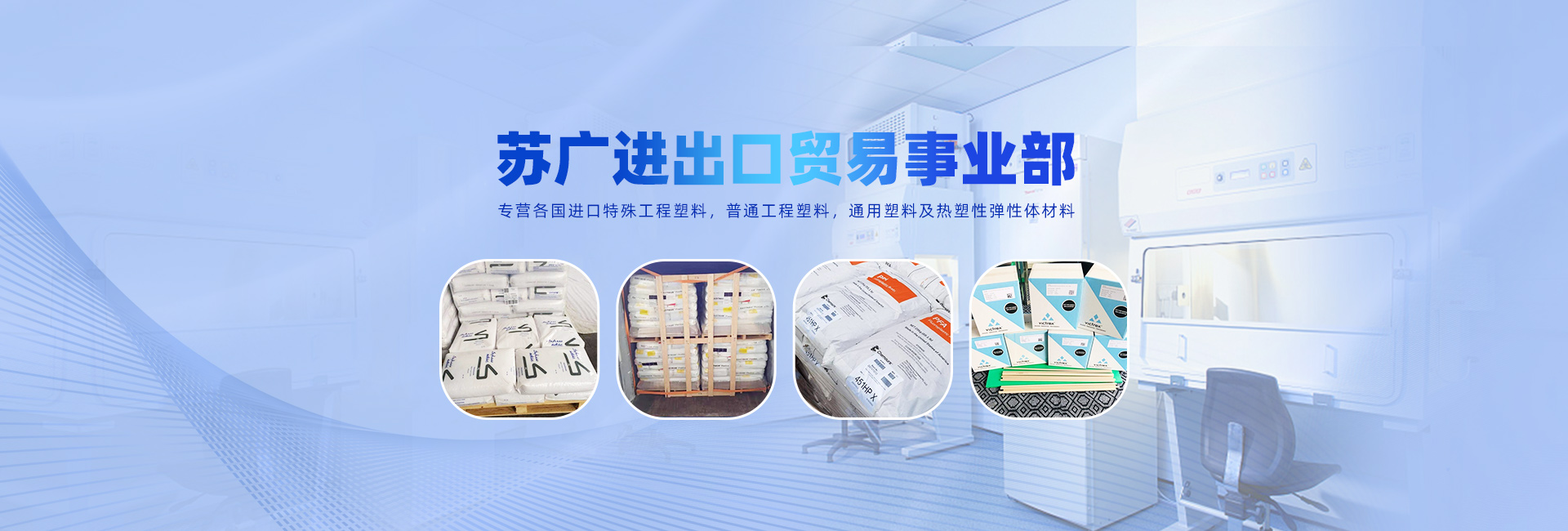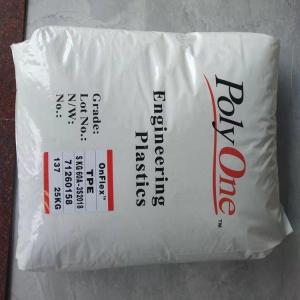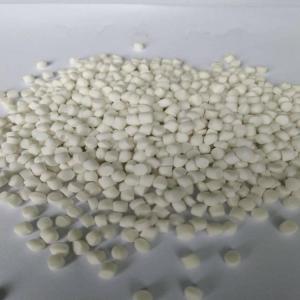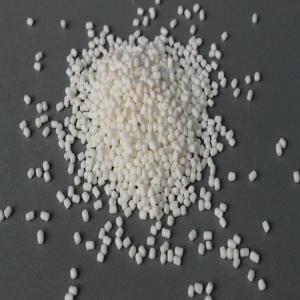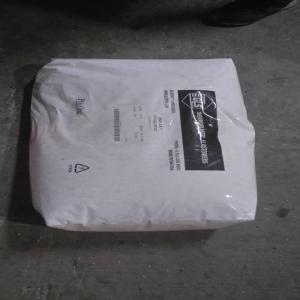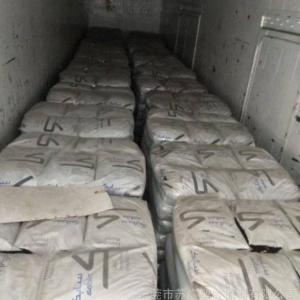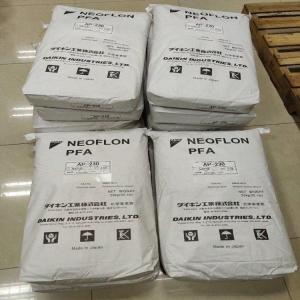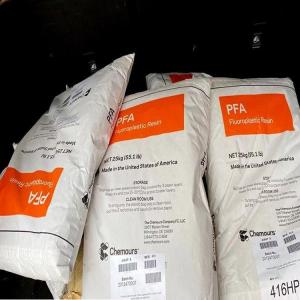产品展厅

|
耐臭氧TPE OnFlex HT 65A-3E2102 black UV
- 起订量 (千克)价格
- 25-100¥36.66 /千克
- ≥100¥36 /千克
- 品牌:普立万
- 货号:04
- 发布日期: 2022-10-25
- 更新日期: 2025-12-24
产品详请
| 品牌 | 普立万 |
| 货号 | 04 |
| 用途 | 汽车领域的应用 工程配件 电气/电子应用领域 |
| 牌号 | HT 65A-3E2102 black UV |
| 型号 | HT 65A-3E2102 black UV |
| 品名 | TPE |
| 外形尺寸 | 颗粒 25KG包 |
| 厂家 | Avient 公司 |
| 是否进口 | 是 |
耐臭氧TPE OnFlex HT 65A-3E2102 black UV
产品描述:
OnFlex™ HT 热塑性弹性体化合物基于氢化苯乙烯嵌段共聚物。该系列化合物经过特殊配制,可在高温下提供非常好的压缩 变形性能和高耐热性。此外,OnFlex™ HT 化合物符合 EN 681-2 标准,并具有出色的机械性能、广泛的硬度范围和良好的加工性能。
密度
1.00
克/立方厘米
ISO 1183
成型收缩率2
内部方法
流量:0.0787 英寸,注塑成型
0.017
在/在
横流:0.0787 英寸,注塑成型
0.014
在/在
硬度
面值
单元
测试方法
邵氏硬度(邵氏 A,10 秒)
65
ISO 48-4
弹性体
面值
单元
测试方法
Tensile Stress 3
ISO 37
Across Flow : Break
1600
psi
Flow : Break
1230
psi
Tensile Elongation 3
ISO 37
Across Flow : Break
950
%
Flow : Break
700
%
Tear Strength
206
lbf/in
ISO 34-1
Compression Set
ISO 815
73°F, 72 hr
24
%
158°F, 22 hr
37
%
212°F, 22 hr
46
%
Fill Analysis
Nominal Value
Unit
Test Method
Apparent Viscosity
ASTM D3835
392°F, 1340 sec^-1
68.0
Pa·s
392°F, 11200 sec^-1
14.0
Pa·s
Additional Information
Nominal Value
Unit
Test Method
Generic Material Type
Styrenic Thermoplastic Elastomer (TES)
Weather Resistance 4
expected to pass PV 3929
Internal Method
Properties are measured using injection molded plaques.
Injection
Nominal Value
Unit
Processing (Melt) Temp
356 to 428
°F
Mold Temperature
86 to 140
°F
Injection Rate
Fast
Notes
1These links provide you with access to supplier literature. We work hard to keep them up to date; however you may find the most current literature from the supplier.
2Sign convention:
Positive shrinkage factor: Ejected part is smaller than the mould cavity. Shrinkage after processing is dependent on tool design, wall thickness and processing conditions.
Due to the multitude of factors influencing shrinkage during the processing users should only treat this as a guide and should make their own assessment.
Generally, low processing temperatures will cause an increase in shrinkage of up to 1% (direction of flow). Part geometry may further influence shrinkage by gradually releasing strain.
This may be accelerated by the annealing of parts, such as for 1hr at 80 °C.
37.9 in/min
4UV-Package succesfully tested acc. to PV 3929 (Kalahari-Test) on a 60 Sh A Version.



产品描述:
OnFlex™ HT 热塑性弹性体化合物基于氢化苯乙烯嵌段共聚物。该系列化合物经过特殊配制,可在高温下提供非常好的压缩 变形性能和高耐热性。此外,OnFlex™ HT 化合物符合 EN 681-2 标准,并具有出色的机械性能、广泛的硬度范围和良好的加工性能。
|
密度
|
1.00
|
克/立方厘米
|
ISO 1183 |
|
成型收缩率2
|
内部方法 | ||
|
流量:0.0787 英寸,注塑成型
|
0.017
|
在/在
|
|
|
横流:0.0787 英寸,注塑成型
|
0.014
|
在/在
|
|
| 硬度 |
面值
|
单元
|
测试方法
|
|
邵氏硬度(邵氏 A,10 秒)
|
65
|
|
ISO 48-4 |
| 弹性体 |
面值
|
单元
|
测试方法
|
|
Tensile Stress 3
|
ISO 37 | ||
|
Across Flow : Break
|
1600
|
psi
|
|
|
Flow : Break
|
1230
|
psi
|
|
|
Tensile Elongation 3
|
ISO 37 | ||
|
Across Flow : Break
|
950
|
%
|
|
|
Flow : Break
|
700
|
%
|
|
|
Tear Strength
|
206
|
lbf/in
|
ISO 34-1 |
|
Compression Set
|
ISO 815 | ||
|
73°F, 72 hr
|
24
|
%
|
|
|
158°F, 22 hr
|
37
|
%
|
|
|
212°F, 22 hr
|
46
|
%
|
| Fill Analysis |
Nominal Value
|
Unit
|
Test Method
|
|
Apparent Viscosity
|
ASTM D3835 | ||
|
392°F, 1340 sec^-1
|
68.0
|
Pa·s
|
|
|
392°F, 11200 sec^-1
|
14.0
|
Pa·s
|
|
| Additional Information |
Nominal Value
|
Unit
|
Test Method
|
|
Generic Material Type
|
Styrenic Thermoplastic Elastomer (TES)
|
|
|
|
Weather Resistance 4
|
expected to pass PV 3929
|
|
Internal Method |
|
Properties are measured using injection molded plaques.
|
|||
| Injection |
Nominal Value
|
Unit
|
|
|
Processing (Melt) Temp
|
356 to 428
|
°F
|
|
|
Mold Temperature
|
86 to 140
|
°F
|
|
|
Injection Rate
|
Fast
|
|
| Notes |
| 1These links provide you with access to supplier literature. We work hard to keep them up to date; however you may find the most current literature from the supplier. |
|
2Sign convention: Positive shrinkage factor: Ejected part is smaller than the mould cavity. Shrinkage after processing is dependent on tool design, wall thickness and processing conditions. Due to the multitude of factors influencing shrinkage during the processing users should only treat this as a guide and should make their own assessment. Generally, low processing temperatures will cause an increase in shrinkage of up to 1% (direction of flow). Part geometry may further influence shrinkage by gradually releasing strain. This may be accelerated by the annealing of parts, such as for 1hr at 80 °C. |
| 37.9 in/min |
| 4UV-Package succesfully tested acc. to PV 3929 (Kalahari-Test) on a 60 Sh A Version. |

 15913833437@139.com
15913833437@139.com 15913833437
15913833437
